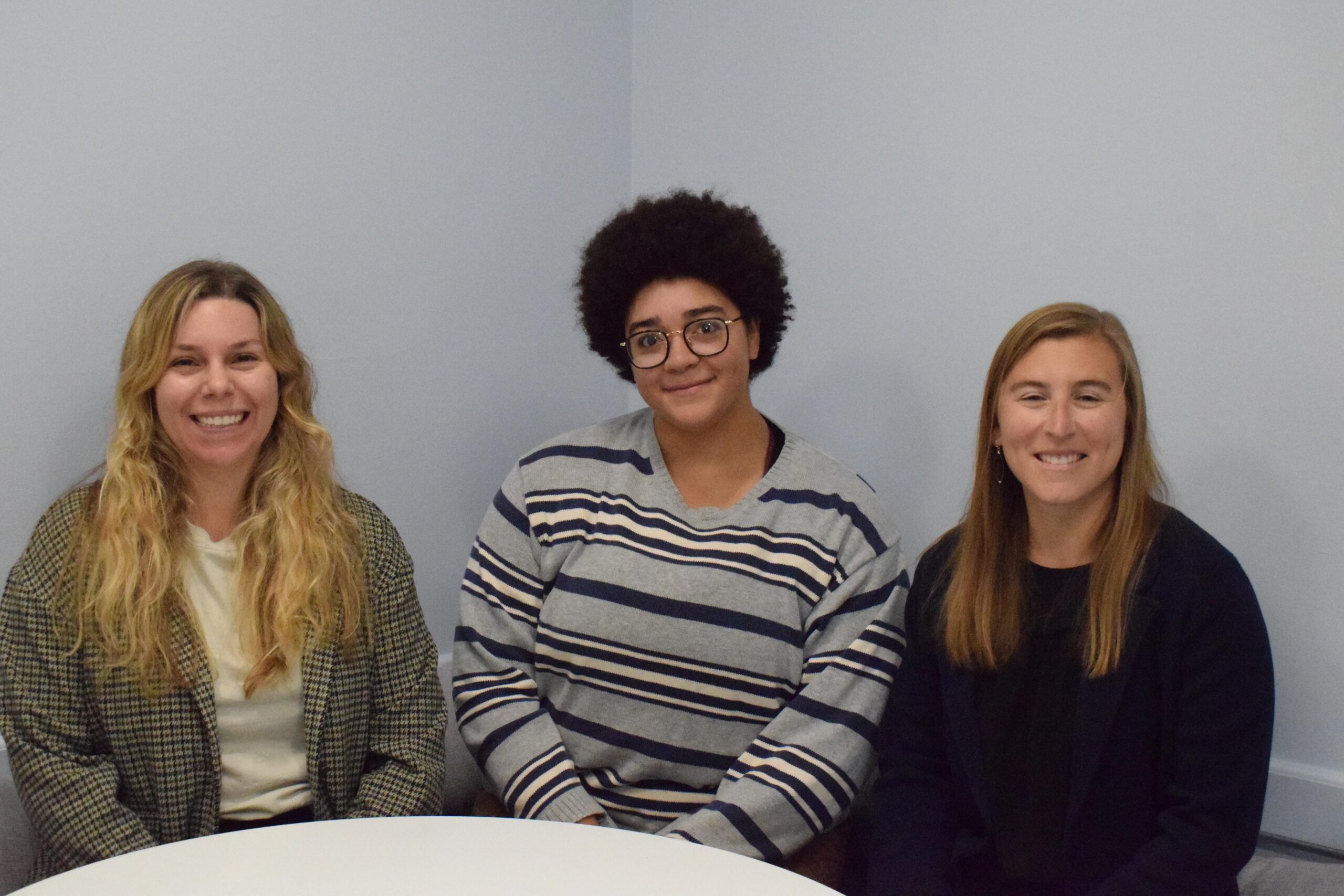Bridge to Opportunity, a program with efforts to reduce recidivism rates in Rhode Island, has been operating with the help from University of Rhode Island criminology and criminal justice professors Chelsea Farrell and Natalie Pifer.
BTO is a program under the Building Future’s organization in Providence. BF, helps low-income community members begin working in the construction industry through a provided curriculum, according to their website . Through paid training, individuals join apprenticeship programs and learn a trade in the industry.
The BTO program offers a similar curriculum, but to currently incarcerated individuals within Rhode Island Department of Correction facilities. Upon release, these individuals can continue an apprenticeship with BF in Providence, Pifer said.
Recidivism rates, the rate at which formerly incarcerated individuals commit new crimes or violate parole, were low among incarcerated individuals enrolled in BF, Pifer said.
BTO considers the difficulties of reentering society when formerly incarcerated, according to Farrell. Transportation, paying for rent and groceries, and finding a job that gives a sustaining family income presents obstacles.
The construction industry, according to Pifer, is in high demand and offers benefits that could help formerly incarcerated individuals.
“What’s promising and special about a program like [BTO] is that the folks who are involved in developing and implementing this program conceptualize the reentry process as more than just a binary variable,” Pifer said.
After BF noticed their low recidivism rates among formerly incarcerated participants, they applied for Second Chance Act funding.
The SCA, according to the National Reentry Resource Center website , is government funds administered by the United States Department of Justice. The funding is distributed with the purpose of improving outcomes of people reentering the community after returning from federal prisons, jails or juvenile facilities.
All programs funded by SCA, according to Farrell, require fidelity assessors and outside of the program. This position means monitoring how BTO is running and determining if it’s working successfully.
“The ‘how’ is really important,” Farrell said. “If [BTO] is going to continue and grow, then they need to know what components are necessary for it to be successful.”
A request for a proposal was sent to Farrell and Pifer, and they submitted the proposal together at the end of the Fall 2022 semester because of their ability to collaborate. They received the position of fidelity assessors soon after.
Upon applying for and receiving SCA funding in January of 2023, BF launched their first cohort for BTO in February of 2023. The cohort was located in minimum security at RIDOC, according to Pifer.
Assessing and monitoring the BTO program has many moving parts, according to Farrell and Pifer. The program has collected data from surveys and interviews with various groups involved in the program.
Surveys and interviews are conducted with currently incarcerated participants, correctional officers overseeing the program and BTO trainers. BTO trainers provide construction training and therapeutic training, according to Farrell.
Their role consists of collecting data from these interviews and surveys and monitoring the success of the program. This can also include tracking individuals after release, as participants aren’t required to enter the BF program.
Multiple interviews and surveys and the lack of technology in RIDOC facilities required paper forms. Farrell and Pifer said two undergraduate student fellows help enter data.
Fourth-year students Imani Givens and Justin Cournoyer were chosen to help with these research initiatives through a fellowship proposal initiated by URI’s Social Science Institute for Research, Education and Policy, according to Farrell.
SSIREP solicited faculty applicants to write proposals for hiring undergraduate research fellows. Farrell and Pifer wrote a proposal and selected Givens and Cournoyer to help with their research. Givens and Cournoyer work with de-identified information in order to protect participants’ privacy according to Farrell.
Givens’ involvement with the research will last until May of 2024. The second cohort participating in BTO will launch sometime this fall, according to Pifer.
For more information on the BF organization, visit their website at https://www.bfri.org/ . To learn more about the federal grant and BTO, visit the Bureau of Justice Assistance website .

